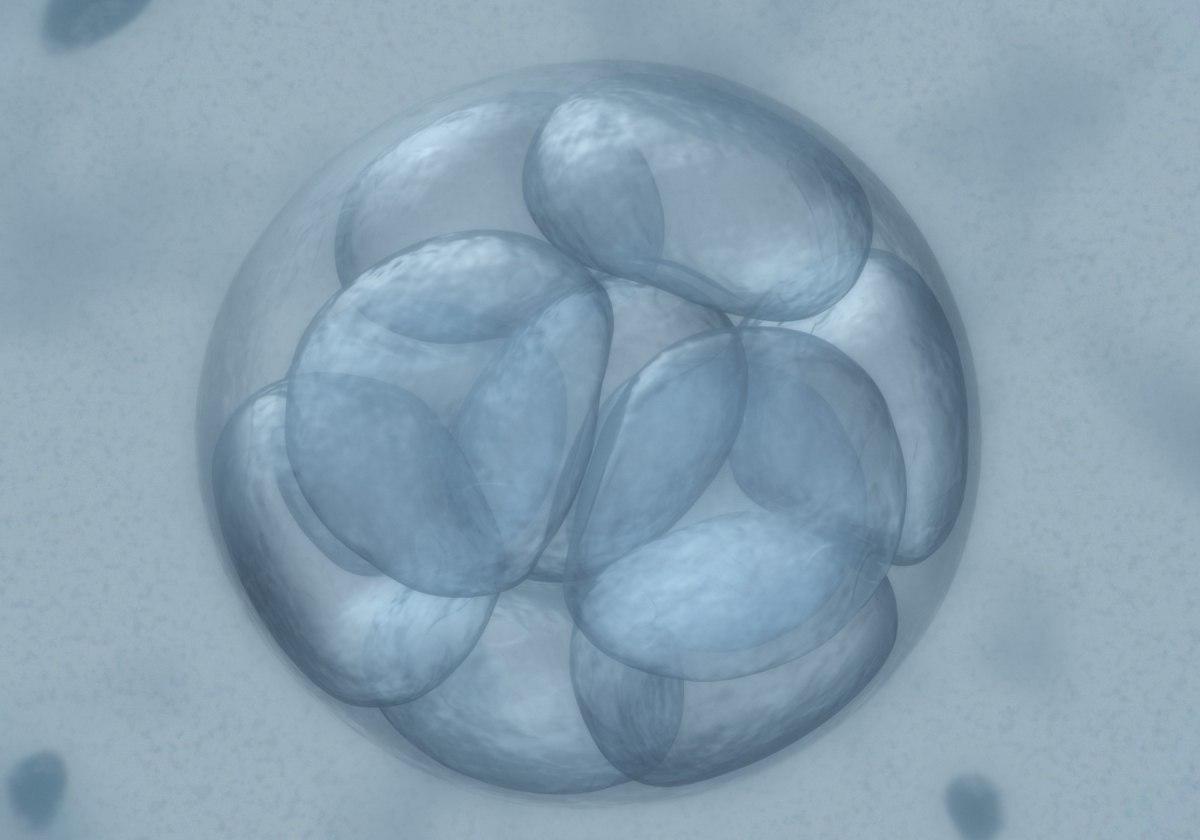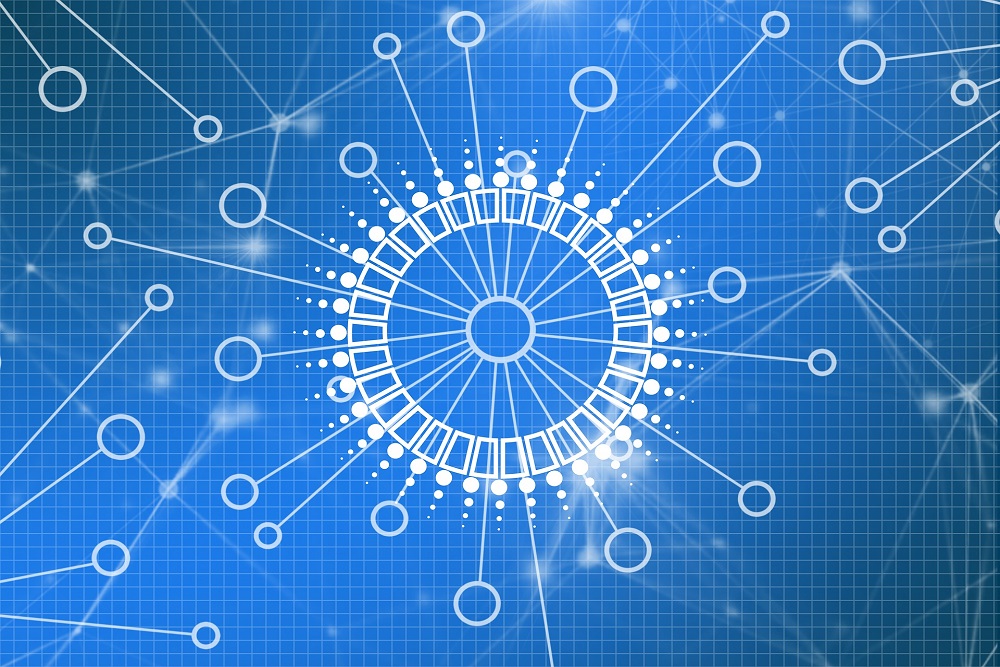According to El Pais, a Spanish newspaper, embryos comprising of human-monkey cells have been developed by a team of global scientists.
This contentious project involving embryos happened in China despite its leader being based in the United States because of legal concerns.
The ultimate purpose of this research is to develop feasible organs for human transplantation purposes.
Embryos with chimeras’ traits
Chimeras are organisms possessing cells from at least two species that have the ability to develop human organs. The international researches have asserted that the primary intention of the project is for beneficial medical purposes.
At the forefront of the team is Juan Belmonte from San Diego’s Salk Institute. The other scientists are from Spain’s Murcia Catholic University.
Difficulty with similar embryo experimentation
Previously, sheep or pig embryos have been utilized in crafting chimeras. They have, however, witnessed technical problems based on their genetic distance from human beings.
University of California veterinary scientist Pablo Ross asserted that one human cell for nearly one hundred thousand (100,000) pig cells was not viable. His sentiments are founded on a pig-human chimera’s research he undertook.
The development of human-monkey embryos is seen to be more assuring based on primates due to their close relationship with humans.
Nevertheless, Ross questions its practicality and utility because primates are small and have a longer maturity period.
On the other hand, Japan has permitted Hiromitsu Nakauchi to spearhead research intended at creating mouse and rat embryos. The study’s plan is to have a target animal to grow a person’s pancreas.
Nevertheless, precautionary measures have been put in place so that the human cells do not deviate from the targeted pancreas as this will compromise the animal’s cognition.
Human-monkey embryos’ restrictions
A health institution in the United States has been at the forefront prohibiting the utilization of federal finances in the generation of human-monkey embryos.
The Guardian asserts that this project is contentious based on the difficulty in containing the growth of human cells to a single targeted organ.
For instance, if a human-animal hybrid was to have a human linked nervous network, dire moral outcomes may emerge.
Nevertheless, China does not hold such limitations though the growth of the human-monkey embryos has been permitted for some weeks ago.
Ethical concerns have been defended by Murcia Catholic University’s Estrella Nunez who is an administrator and biologist. She stipulates that the embryos will not be developed to the extent that a nervous network is generated.
However, Yale University’s Alejandro De Los Angeles infers that the evolutionary space between primates and humans extends to nearly forty (40) million years making the project uncertain.







